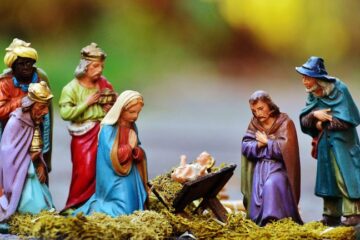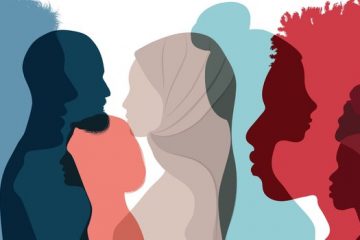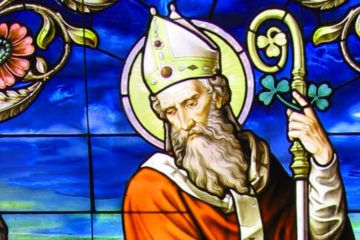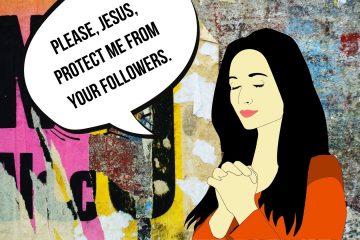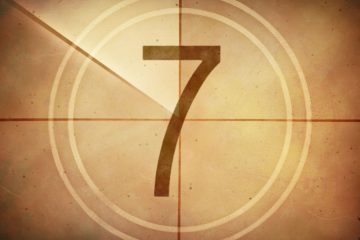A Time to Grieve
Then I return to bearing witness, recognizing that there is indeed a time for grief, and we are in that time.
Healing Our Divides: Why This Matters
In large part, that’s why we become so persistently polarized, and that’s why our divisions can intensify to the point of mutual fear, hatred, and hellish violence.
Roots of Justice
Much of the healing involves acknowledging that institutions, not just people, are racist.
How Mormonism Can Save America
Mormonism teaches me that I don’t get to excommunicate folks from my world just because we disagree. And I am so, so glad of it.
Maewyn Succat and the Radical Forgiveness of Saint Patrick
Are you angry? Are you resentful and bitter over the past? Are there those whom you cannot or will not forgive? Maewyn Succat would tell us that with God's help, there is a Saint Patrick within, waiting to be released.
How Not to be a Crappy Christian
As professors—one a politically-engaged theologian and the other a theologically-engaged political scientist—we admit that this situation leaves us concerned and scratching our heads. In our current American context, we wonder: what does it mean to live an authentic life of faith?
Next Most Faithful Steps in Healing Divided Community
Our journey together ended with a question: What is the connection between the small acts of neighborly love that most Christians don’t think twice about in our everyday lives—stopping by the road to help a stranded traveler, stocking the local food pantry, helping an elderly neighbor take out her trash—and the larger, necessary acts of love that look like public policy?
Moving On from ‘Cheap Unity’
Perhaps this contrast—the real, difficult version of something held up against the cheap and easy imitation—will help us navigate the disaster of American disunity.
For These Next Seven Days: A Prayer for Those Filled With Dread
Let not our hearts sink into anxiety and dread by the unceasing spin cycle of 24 hour news or the bread and circuses of the imperial intrigue. Instead . . .

